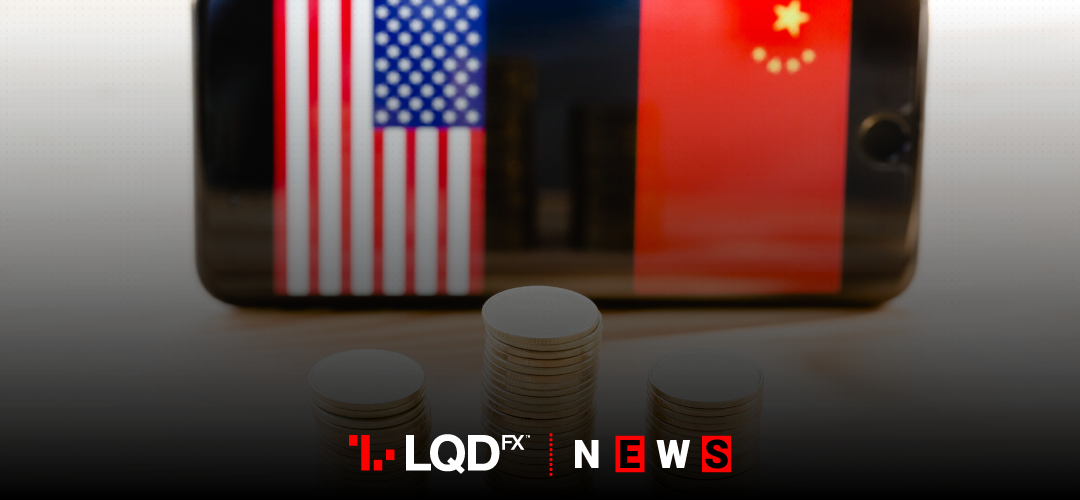The escalating trade dispute between the United States and China keeps broader currency markets concerned. China is expected to fight back US tariffs, especially those regarding the technology firms which are to be treated unfairly.
The U.S. accuses China for embezzling U.S. intellectual property through unjust licensing policies and state-backed acquisitions of technology firms.
Furthermore, the U.S. President said on Wednesday he will use an enhanced legislation and new tools in USA’s trade war with China. Specifically, Trump will use a review process to deal with threats from Chinese investments to acquire U.S. technologies instead of imposing China-specific restrictions.
In other news, Japan and South Korea negotiate with the U.S. government to win waivers from US sanctions to Iran. Iran is the main oil supplier of the two countries which now try to avoid adverse impacts of sanctions. US President Trump in May announced his decision on pulling the States out of the Iran nuclear Deal (JCPOA).
MARKETS
The dollar inched up nearly 0.1% against its major-traded rivals, at $94.765.
High-yielding currencies such as the Australian dollar is in retreat and it fell 0.3 percent to $0.7371 .
The Sterling dropped against both the US dollar and the common currency. Brexit and doubts that BoE will raise interests were among the traders’ concerns. The pound fell almost 0.40% against the US Dollar and 0.2% against the Euro. Sterling was on track for its biggest daily drop in nearly two weeks.
The Euro fell in European trading against both the US Dollar and the Yen. Concerns about an escalating trade conflict, Germany political crisis and uncertainty over the forthcoming EU summit boosted the two currencies.
Oil prices bounced supported by various production losses.
Gold prices fell further, close to December-low despite the growing threat for a global trade war.
Sources: Reuters, Euronews, bbc.com
PLEASE NOTE The information above is not investment advice.
